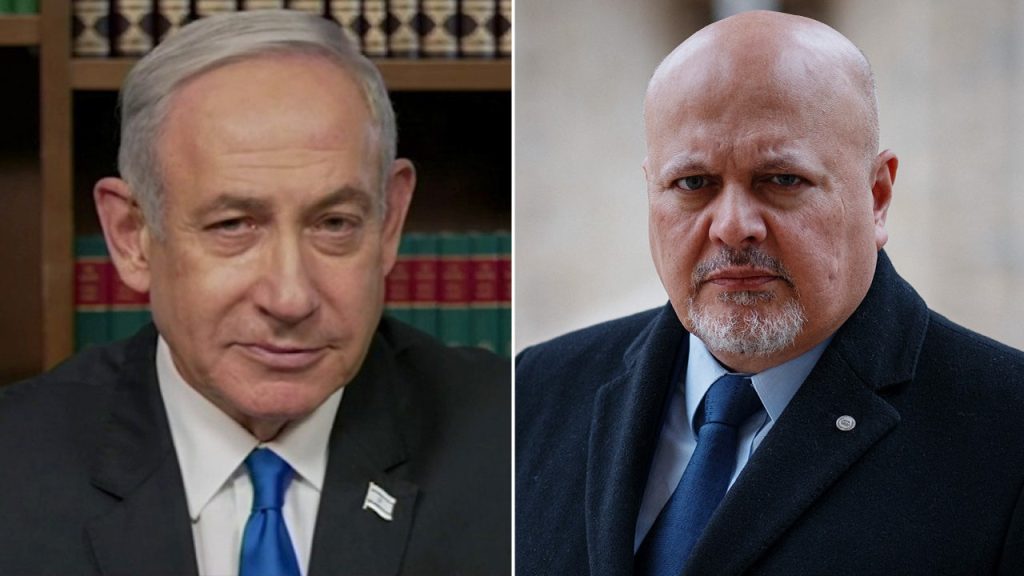British chief prosecutor Karim Khan, who currently serves at the International Criminal Court, expressed concerns in a 2013 academic essay about the court’s ability to provide due process to defendants. His paper suggested that the ICC may not be capable of delivering justice, pointing to issues such as allowing prosecutors to rely on anonymous witness evidence lacking substance and coherence. Khan also highlighted challenges related to heightened publicity and media bias, which could affect the defendant’s right to a fair trial. Additionally, he noted deficiencies in the evidentiary rules at the ICC, where the standard of proof is lower than what is required for a conviction.
Khan’s concerns about the ICC’s ability to ensure a fair judicial process raise questions about the recent request for arrest warrants against Israeli Prime Minister Benjamin Netanyahu and Defense Minister Yoav Gallant for alleged war crimes during the conflict with Hamas in Gaza. Khan’s past experience representing former Liberian President Charles Taylor, who was convicted of war crimes by the ICC, adds another layer of complexity to his current position. The Israeli government has criticized the ICC for what they view as a “vicious smear” campaign against Israeli leaders, despite not having read Khan’s 2013 essay or the MEMRI report that analyzed it. Netanyahu has denounced the arrest warrant as part of a new wave of antisemitism.
Efforts by Fox News Digital to reach Khan and the ICC for comment on the arrest warrant and the concerns raised in Khan’s academic essay were unsuccessful. The lack of response from the ICC was attributed to the prosecutor’s office being busy, according to a spokesperson. However, the Israeli government remains steadfast in its determination to defeat the Hamas terrorist movement, despite the legal challenges and criticisms from international bodies. The ongoing conflict in the region, including the recent Hamas attacks on Israel resulting in fatalities and hostages, underscores the complexity of the situation and the challenges faced by all parties involved.
The continued tensions between Israel and Hamas, as well as the involvement of international bodies like the ICC, highlight the importance of addressing issues related to justice, due process, and accountability in conflict zones. Khan’s analysis of the limitations of the ICC in providing fair trials for defendants raises important questions about the effectiveness and integrity of the international judicial system. The conflicting narratives, media bias, and political tensions surrounding the ICC’s actions against Israeli leaders further complicate the situation and emphasize the need for transparency, fairness, and impartiality in addressing allegations of war crimes and human rights violations.
The case of Khan’s representation of former Liberian President Charles Taylor, who was ultimately convicted by the ICC, serves as a precedent for his current role in pursuing allegations against Israeli leaders. The challenges faced by Khan in the past, such as being held in contempt by the ICC during the Taylor trial, may inform his approach to the current situation involving Netanyahu and Gallant. The international community, including the United States and other allies of Israel, has criticized the ICC’s actions and raised concerns about the lack of due process and the potential for political motivations to influence legal proceedings. The complexities of the legal, political, and humanitarian issues at play in the conflict between Israel and Hamas underscore the need for a thorough, transparent, and unbiased approach to justice and accountability.













